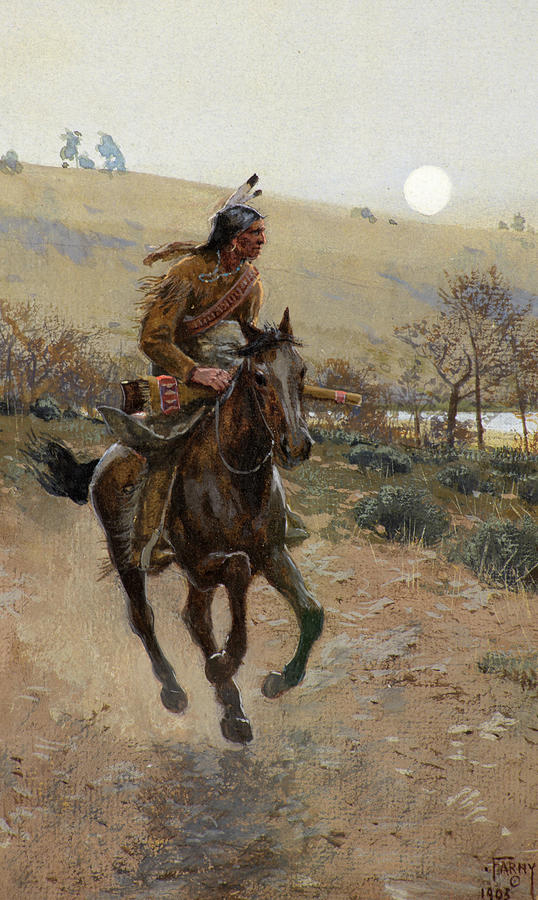
Comanche, 1903 Painting by Henry Farny Fine Art America
(See Comanche-Mexico War) Although powered by violence, the Comanche empire was primarily an economic construction, rooted in an extensive commercial network that facilitated long-distance trade.. one Comanche might paint one side of his face white and the other side red; another might paint one side of his body green and the other side with.
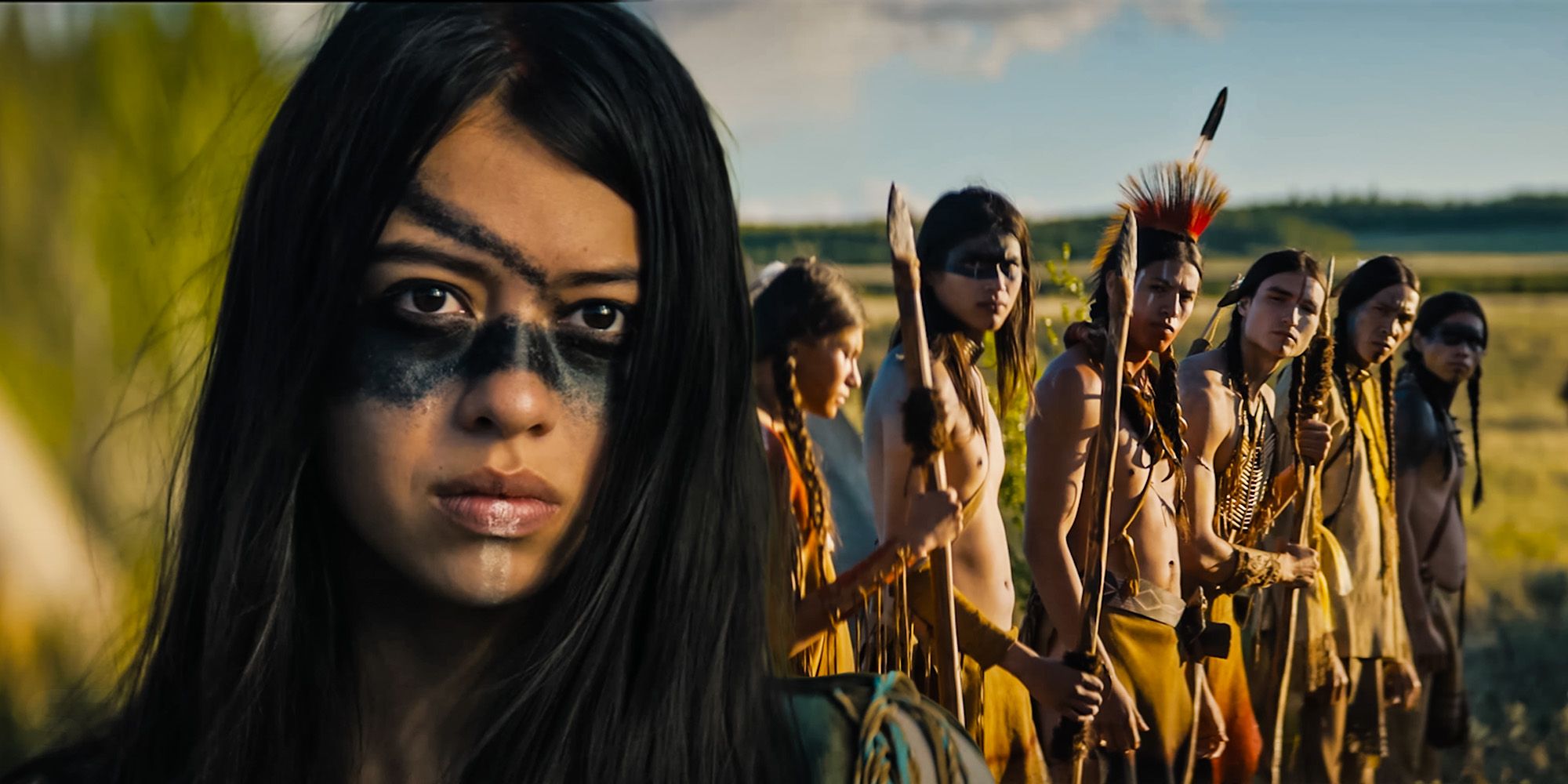
Prey’s Warrior Face Paint Has Deeper Meaning Than Predator Fans Know
Comanche War Paint statistics and form. View results and future entries as well as statistics by course, race type and prize money.
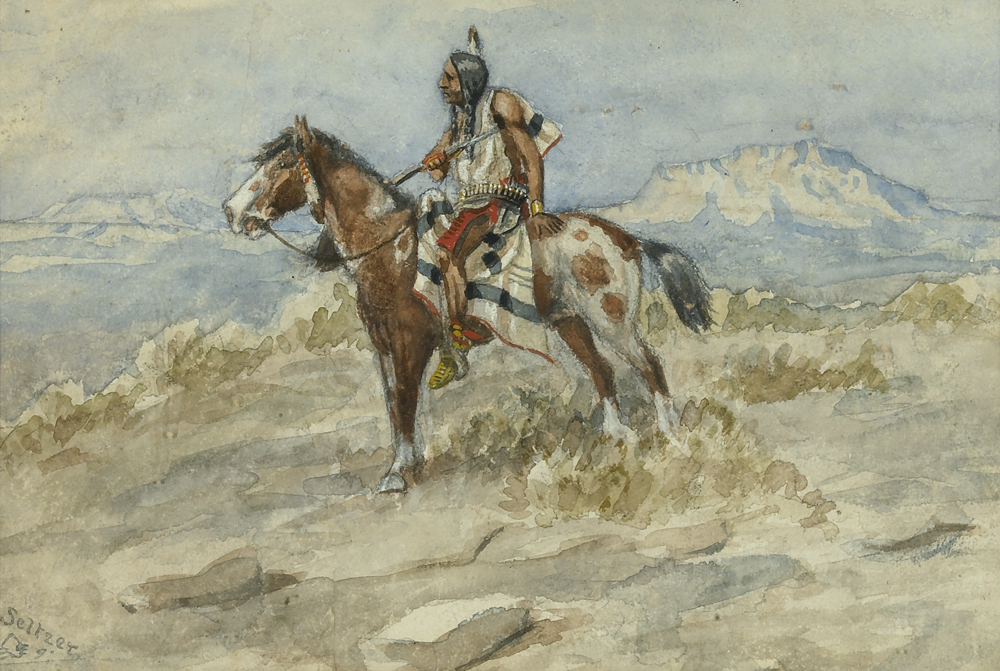
Comanche Warrior Painting at Explore collection of
The Comanche are a Native American nation of the Great Plains whose historic territory ranged from present-day north-central Texas, eastern New Mexico, southeastern Colorado, southwestern Kansas, western Oklahoma, and northern Chihuahua, Mexico. Dating back to the early 1500s, the Comanche were originally part of the Eastern Shoshone, who lived.

Comanche War Paint Transborder Media
Follow horse racing with Alex Hammond on Sky Sports - get live racing results, racecards, news, videos, photos, stats (horses & jockeys), plus daily tips.

Comanche War Paint Transborder Media
Red Color Symbolizes war, blood, strength, energy, power and success in war paint but might also symbolise happiness and beauty in face paint. Black was perceived as a "living" color and worn on the face to prepare for war. Very aggressive color. Black meant strength.

Meanings Woman Native American Face Paint Pale Indian. Neat Face
Rock Art of Comanche Warriors - Archaeology Magazine Rock Art of Comanche Warriors In New Mexico's Rio Grande Gorge, Barnard College archaeologist Severin Fowles and his team have recorded.
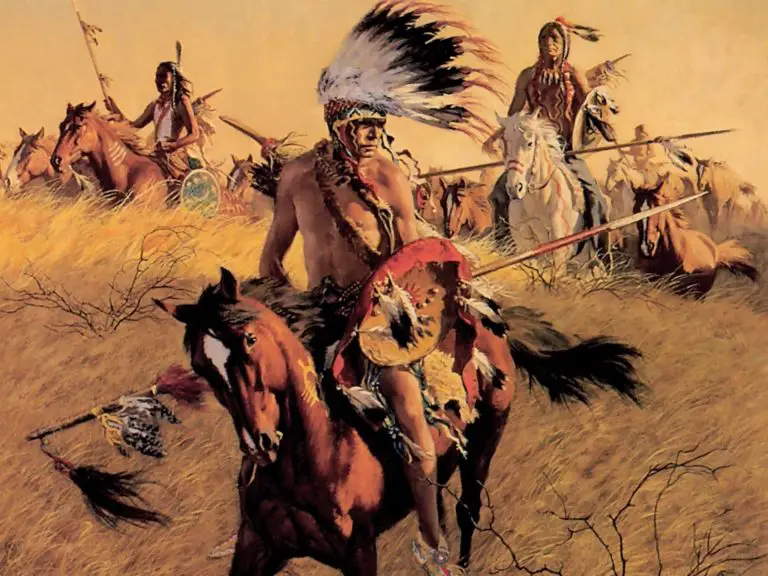
The Comanche Wars, 18211870 Mexico Unexplained
The Comanche created maps to instruct war parties of the location of their enemies. The Comanche tribe were well known for attacking on nights with a full moon and for their skills of fighting while on horseback. What was the religion and beliefs of the Comanche tribe?

American indian wearing war paint while wielding hatchet and knife
Their steeds, similar to the Comanche warriors was frequently enhanced with war paint. Taking after a fight, a triumphant Comanche warrior would apply paint to his stallion so that the tribe could see initially the result of the fight from a separation. At the point when a Comanche passed on, his horses were likewise executed at his demise.
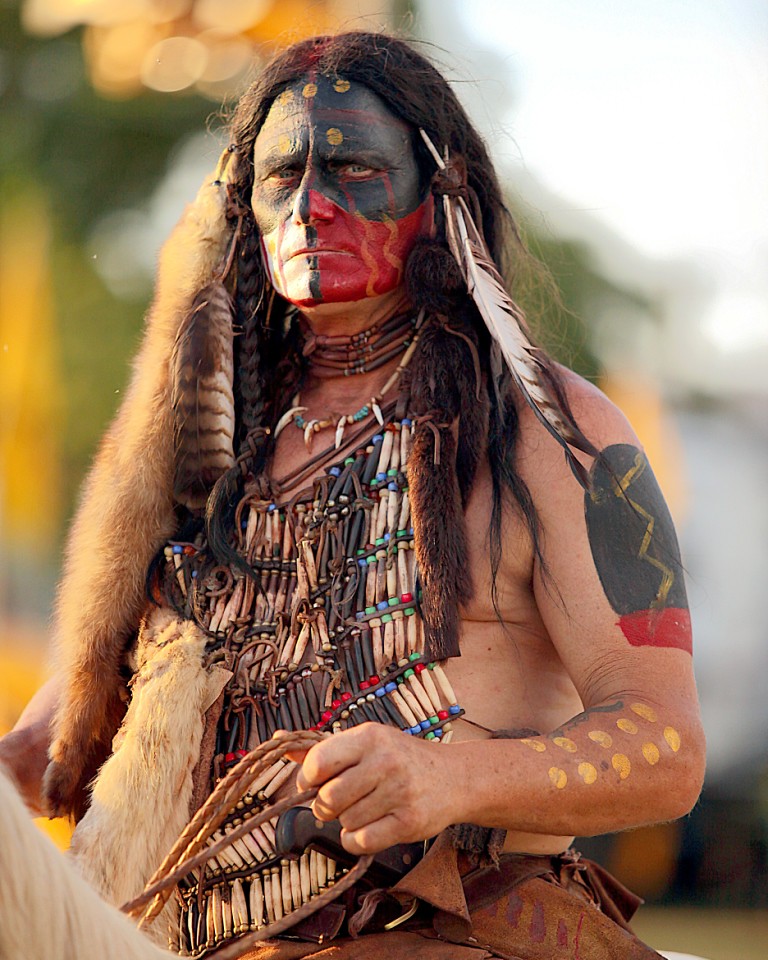
War Paint Terri Cage Flickr
You Can Shop With Dunelm Online Or In Store, Whichever Suits You. Shop Today. Available In a Range of Colours & Textures, Find Your Perfect Shade Online Now At Dunelm
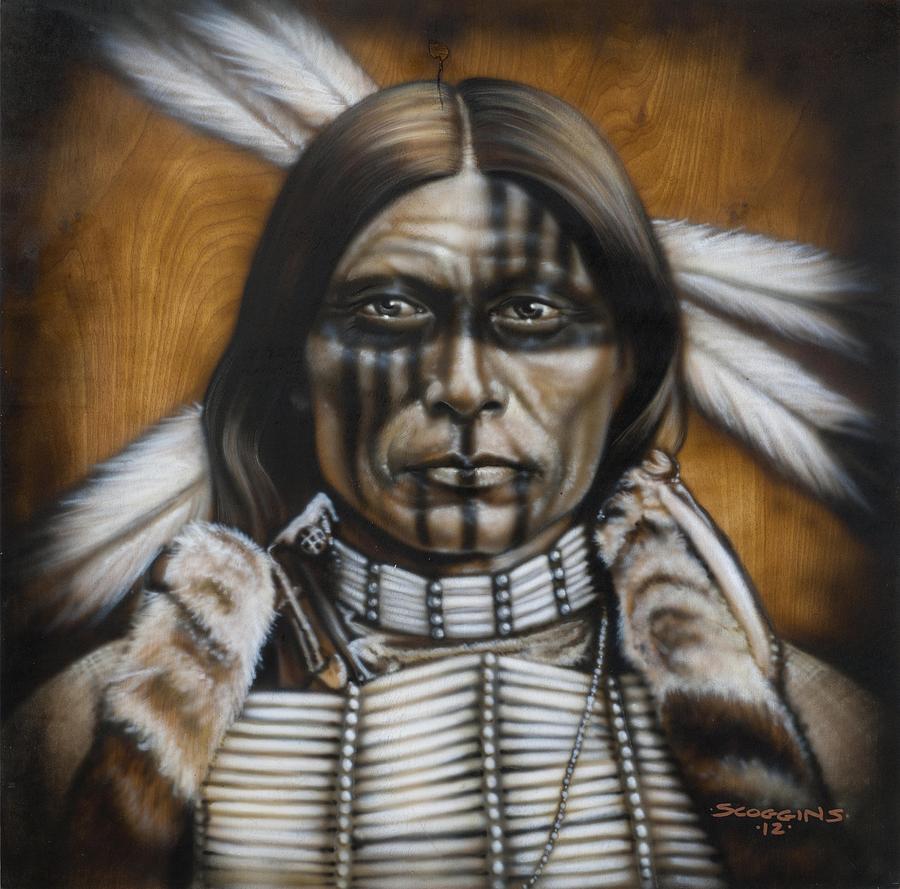
Warpaint Painting by Timothy Scoggins Pixels
The story begins a century and half before the U.S.-Mexico War, when the Comanche began to forge an indigenous empire based on dominating the trade in horses and bison hides across the Great Plains, and beyond. The Emergence of the Comanche. In 1680, the Pueblo Indians living in the Spanish colony of New Mexico revolted.

an oil painting of native americans riding horses
Red color symbolized war, violence, blood, strength, energy, power, and success in a war, and also symbolized happiness and beauty in face paint. Red-colored paint was made from clay containing iron oxides, roots, berries, beets, etc. Black Black color symbolized "living" and was considered to be an aggressive color.

War Paint High Resolution Stock Photography and Images Alamy
War paint, body decoration, used by Indian warriors contained secret symbols - even horses were painted with symbols. Many were spiritual in nature conveying religion and beliefs. Others conveyed immediate secret messages to other tribe members identifying specific clans. Some Native American symbols were specific to individual families and.

The Comanche were a branch of the Shoshoni. They left the Rocky
The Comanche People are one of the fiercest and well-respected tribes in the history of Native Americans living in the vast Great Plains, home to the majority of the Native American groups. These people are hard-working hunters and gatherers, as well as Comanche Warriors and raiders.

90 best images about Sleeve element inspiration on Pinterest Leaf
01:00:01. For nearly 400 years, the Comanche tribe controlled the southern plains of America. Even as Europeans arrived on the scene with guns and metal armor, the Comanches held them off with nothing but horses, arrows, lances, and buffalo hide shields. In the 18th century, the Comanches stopped the Spanish from driving north from Mexico and.

Pin by Jan Holder on Quanah parker Native american chief, Quanah
Indian Warhorse Paint Updated: Apr 15, 2023 For Native Americans, painting a warhorse was a sacred act that held power not only in the paints made from Nature but the painted symbols, too. In Native American cultures, horses meant power, wealth and survival.
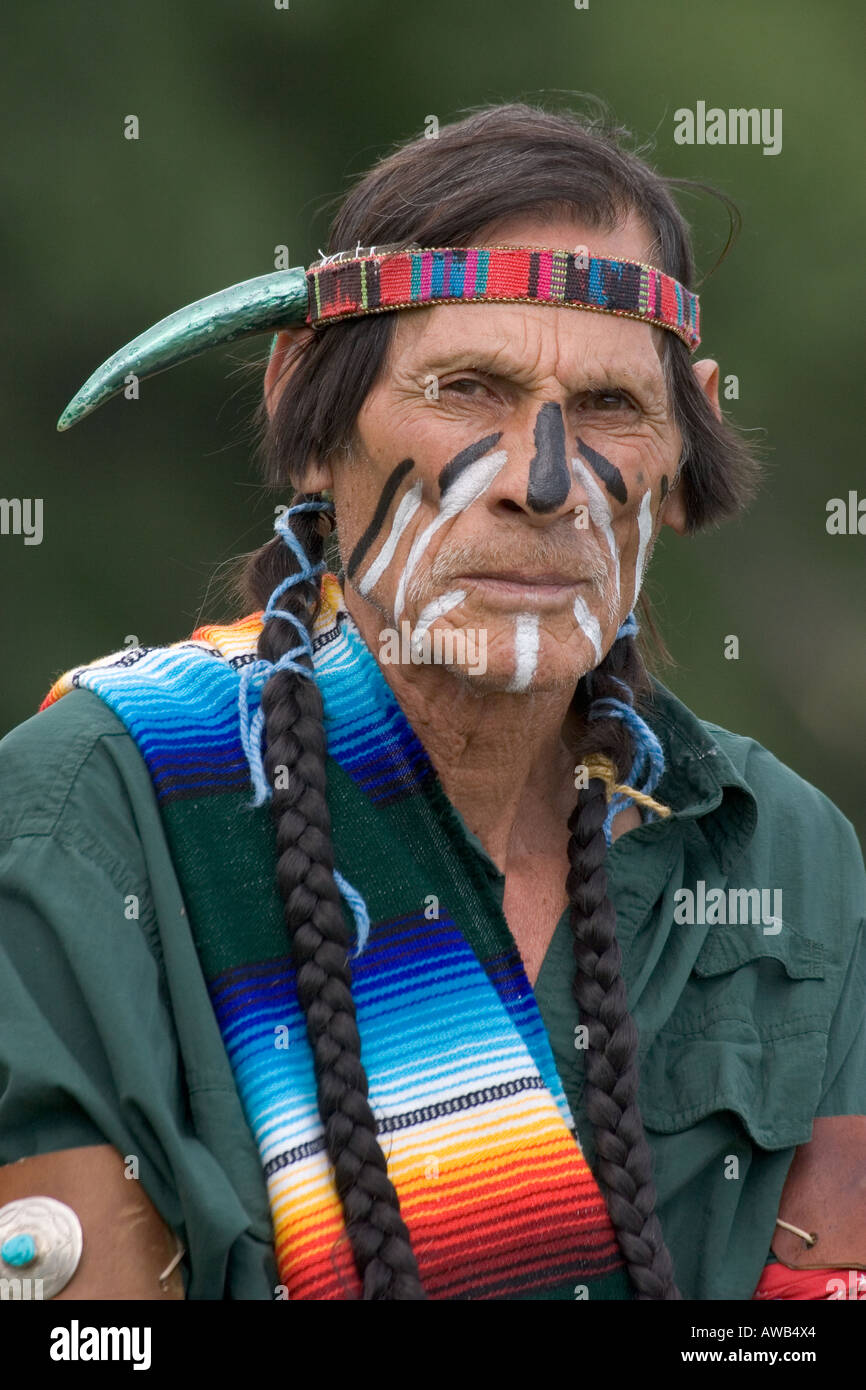
American plains indians in war hires stock photography and images Alamy
During World War II, Comanche Code-Talkers, an elite group of 17 young men fluent in the Comanche language,. At other times, they would paint their faces in various colors and designs, none of which had any particular significance. Women often painted yellow or red lines around their eyes. They also painted the insides of their ears red and.